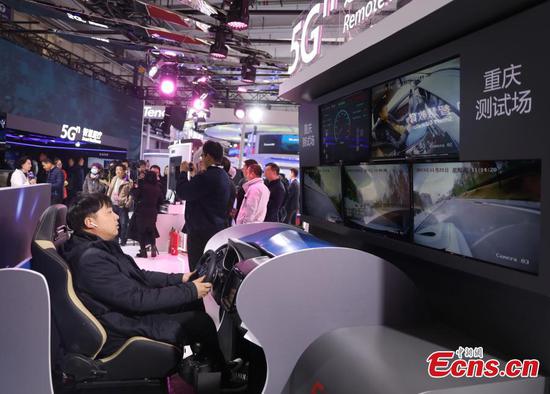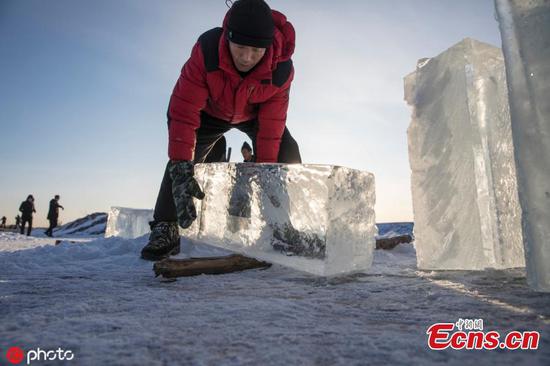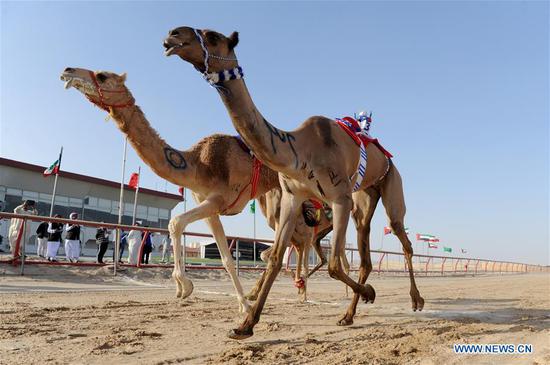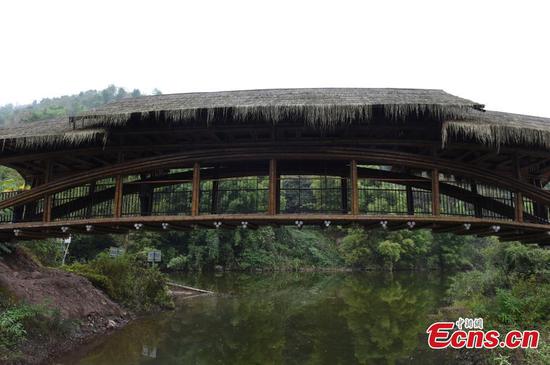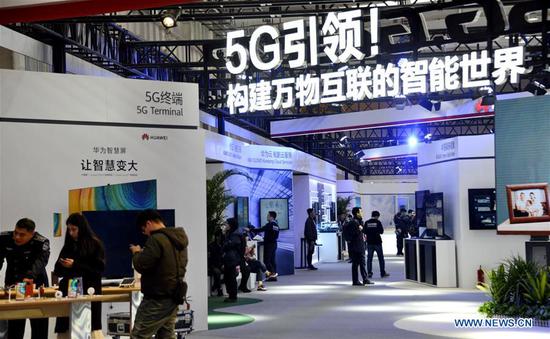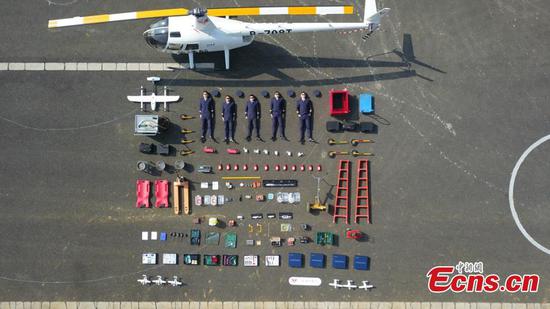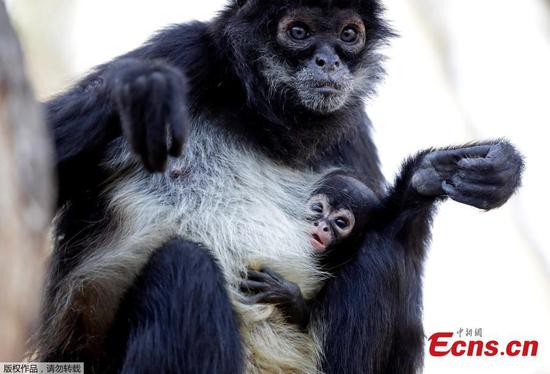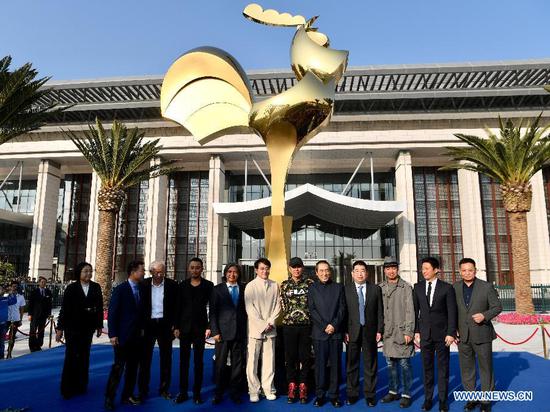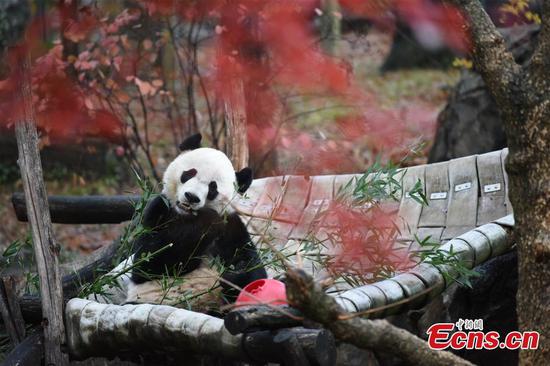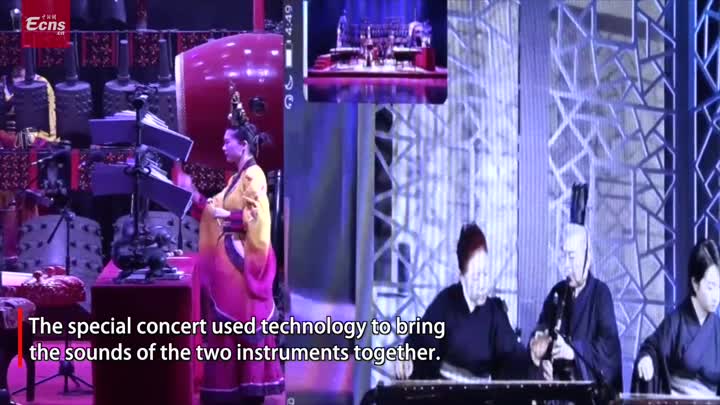The security alliance among the United States, Japan and the Republic of Korea suffered a huge blow in August when Seoul decided to withdraw from the General Security of Military Information Agreement following a trade dispute with Tokyo. Officially, the GSOMIA, an intelligence sharing pact, will remain in force until Saturday.
The Japan-ROK trade conflict has its roots in the historical disputes between the two countries, especially the dispute over "comfort women"-women and girls forced into sexual slavery by the Imperial Japanese Army before and during World War II. Japan claims that compensation has already been paid to the "comfort women". But people in the ROK say that is not true. What compounded matters was a Seoul court ruling in July that ordered some Japanese enterprises to pay damages and apologize for using forced labor during the Japanese occupation of Korea.
Complicating the issue further is the U.S.' insistence that Japan and the ROK pay more to the U.S. for the deployment of U.S. forces in the two countries to enhance their security. Washington says Seoul should pay $5 billion for hosting the U.S. troops, which is five times of what the ROK paid this year. Seoul has refused to pay the hiked amount and, instead, asked the U.S. to pay compensation for the damage U.S. troops have caused to the local environment.
Moreover, in August the Japanese government removed the ROK from its "white list", which accords trading partners preferential export treatment, and in a tit-for-tat, the ROK struck off Japan from its "white list" in September, which further strained Japan-ROK relations.
But since Seoul's export regulations had little impact on Tokyo's foreign trade while ROK enterprises suffered because of Japanese export restrictions, especially on materials needed to make semiconductors and display panels, the ROK government decided to not extend the GSOMIA unless Japan revoked the export curbs.
In the dispute between its two most important U.S. allies in Asia, Washington has adopted a stance of non-interference.
These developments suggest Washington's security strategy in Asia will suffer a serious setback, especially because of the scrapping of the intelligence-sharing pact. The two previous U.S. presidents made great efforts to ensure Seoul and Tokyo shared military intelligence in order to develop the trilateral security alliance into a NATO-like mechanism in Northeast Asia, and thus strengthen the U.S.' presence in the region.
To prevent Japan-ROK ties from deteriorating further, senior U.S. defense officials have held talks with the defense ministries of Japan and the ROK. But unlike Japan, the ROK is not ready to compromise its "interests" under pressure.
Though the ROK is at a disadvantage in the trilateral alliance, it can still boost its economy and security. Since the White House attaches great importance to the denuclearization talks with the Democratic People's Republic of Korea in which the ROK plays an irreplaceable role, Japan has exercised restraint and expressed its willingness to hold talks with the ROK and partly ease the export restrictions against the ROK. In the meantime, the ROK has taken measures to increase input into independent research and development to overcome the impact of Japan's export restrictions and reduce its dependence on Japanese products.
While the U.S. still regards itself as a significant guarantor of the ROK's security, the latter believes it has not received fair treatment for its contribution to the U.S.' military strategy in East Asia. Yet Washington doesn't seem to have taken Seoul's reaction seriously, as it still insists that the ROK pay more for the deployment of U.S. troops in the country. Given the importance of the security alliance to the ROK, Seoul may make some compromises, but the cracks in U.S.-ROK security ties have become increasingly evident.
As for Japan, the presence of U.S. troops in the country has long been a controversial issue, and Washington asking Tokyo to pay more for their deployment has raised questions on the U.S.-Japan security alliance too.
By putting more pressure on Tokyo and Seoul to further strengthen the trilateral security alliance to serve U.S. interests, Washington has cast a shadow over its relations with its two allies. It might also have forced the ROK to further adjust its diplomatic strategy, especially because Seoul seems to believe Washington is more inclined toward Japan in the Japan-ROK dispute. Which means the U.S.-Japan-ROK security alliance may be in for more trouble.
The author is a professor at and deputy director of Japanese Studies Center, China Foreign Affairs University. The views don't necessarily represent those of China Daily.









